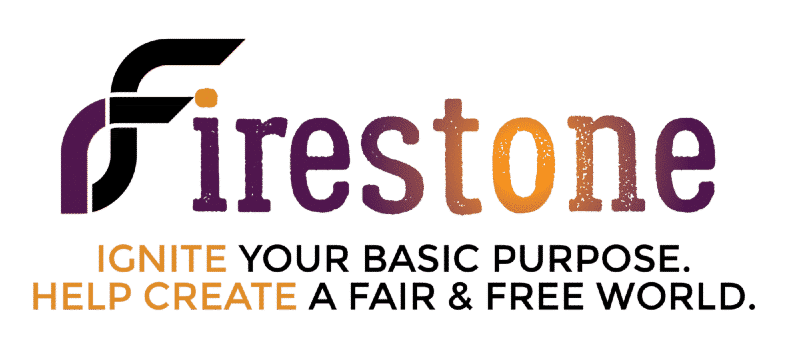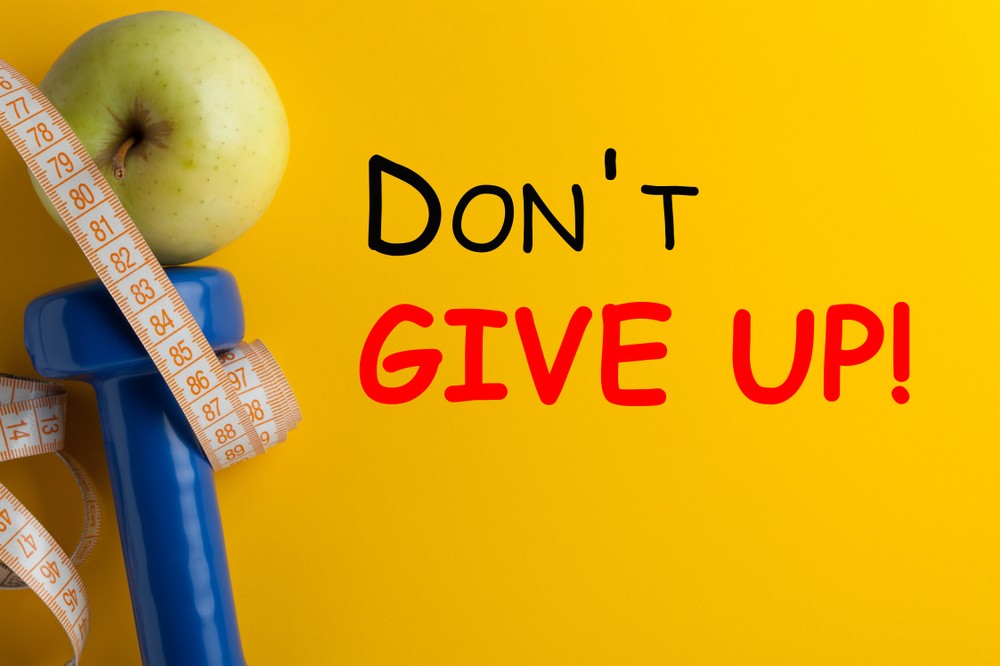Share this Post
Let’s begin with the definition of the word ‘health’. Merriam-Webster defines ‘health’ as the condition of being sound in body, mind, or spirit; freedom from physical disease or pain; a condition in which someone or something is thriving* or doing well. The origin of the word ‘health’ comes from the word ‘whole’. Derivation from dictionary.com
According to the World Health Organization (WHO), the UN public health organization on planet earth, ‘health’ is defined as a state of complete physical, mental and social well-being and not merely the absence of disease or infirmity.
It seems that the WHO has sidestepped the notion of spiritual health—spirit, a key part of a human being–with social. This may be because the understanding of spirit from a scientific perspective is not great, and the area of spiritual health has been filled with theological doctrines, conflict, warmongering, and so forth.
You can see why true health might be so elusive–difficult to achieve–as even Webster and the WHO are not aligned on the basic definition.
In the United States, emergency care and some diagnostic technology are top notch. However, one does not have to look very far these days to see that the majority of the healthcare system is highly fragmented. There are primary care and specialist doctors addressing different parts of the body. Perhaps prescribing a medication for one thing that then has a side effect such as nausea, memory loss, rash, insomnia, blurry vision, etc. This may then require a visit to a different specialist who likely prescribes another type of medication with yet another side effect and then a visit to another specialist and so on and so on. Hence the reason why many people present to their primary care provider a laundry list of medications.
Our mental healthcare is even further separated from the physical care. Again, with medications or treatments being prescribed some of which have horrible physical and mental side effects. (a friend of mine repeatedly says, there are no such things as side effects, only effects!)
Still even further separated we have priests, ministers, rabbis or other clergy attempting to address the spiritual part of a human being—many people may not even look at spirituality as a key ingredient to overall health any longer.
Karl Marx once said, ‘religion is the opium of the people’. When researching what Marx meant by that, I found it was not that he was saying religious people are drug addicts but that people are in pain and it like opioid drugs covers the pain and does not get to the source of it. I am not agreeing with Marx but do agree with finding a solution that gets to the source of pain so that true healing may occur.
We actually have some healthcare “treatments” like antipsychotic drugs, opioids, and even electroshock that oftentimes result in harming a human being and, therefore, their families. People go to experts looking for help and sometimes end up addicted or even worse. This is a gross violation of human rights!
No doubt, we are in need of health treatments and therapies that consider the whole person and get to the source of the illness or injury resulting in actual healing, not a lifetime of prescriptions to cover up symptoms.
Beyond that, some public health practices, like vaccinations or fluoride in drinking water, are to be applauded on one hand, but can go too far when denying human rights on other issues like freedom of choice or by including additives or doses that are harmful to health. It is indeed complicated, when your health may be connected to my health.
Some critics even view the healthcare system as a BIG business whose main focus is not actually healing but keeping people in the system for further profit.
A Holistic Approach
If we can agree that there are 3 parts to a human being–body, mind and spirit. Then, in order to have true health or healing, we would need to consider and address the whole person in whatever treatment is prescribed. How can we have true healing and get to the source of pain if we fail to look at the whole?
So, what is the solution? To start, we need a dramatic shift of viewpoint on healthcare towards a holistic & systems approach vs the fragmentation we currently have.
“The greatest mistake in the treatment of diseases is that there are physicians for the body and physicians for the soul, although the two cannot be separated.” – Plato
Instead of measuring how many people have heart disease, diabetes or glaucoma what if we measured the number of healthy (totally illness-free) citizens and the number of people in our country and world who are thriving? What percentage do you think that would be?
If we put our attention and efforts on people thriving and doing well, it would resolve the majority–if not all–of the human rights and environmental issues we have around the world. Let’s start with a shift of viewpoint onto the whole and an understanding of the true meaning of ‘health’ so that we search for and apply solutions that result in people thriving and doing well!
Post by: Ellen Firestone, December 1, 2019
Published June 16, 2020
*thrive – 1. To grow vigorously : FLOURISH; 2. To gain in wealth or possessions : PROSPER; 3. To progress toward or realize a goal despite or because of circumstances. Source: https://www.meriam-webster.com

